Comprehensive Depression Treatment in McKinney, TX: Your Path to Recovery
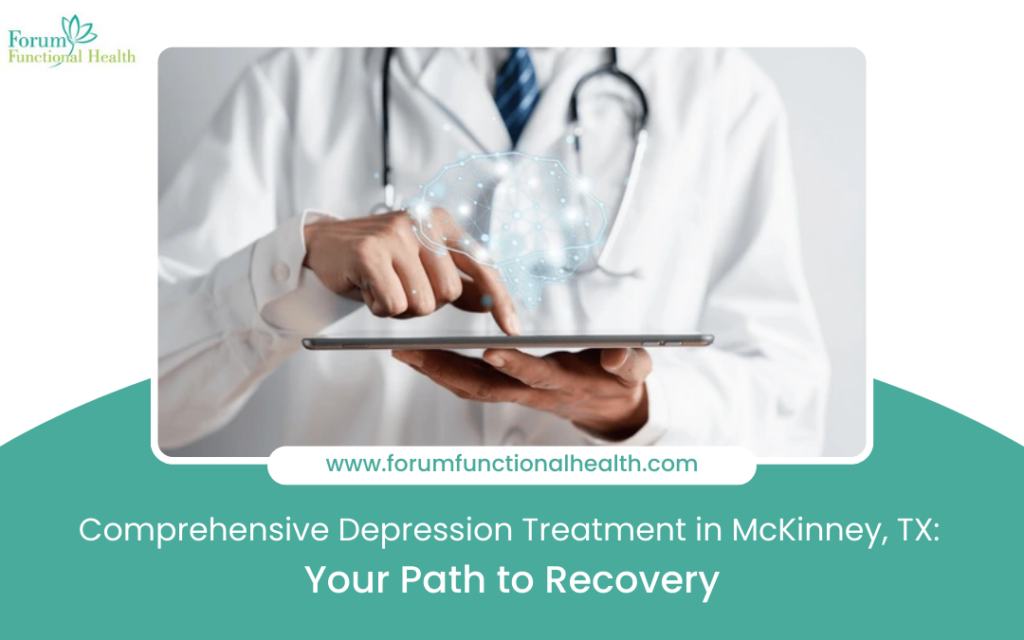
Depression affects millions of people worldwide, and its impact can be debilitating. From persistent sadness to loss of interest in daily activities, the symptoms of depression can take a toll on your emotional and physical well-being. However, seeking depression treatment in McKinney, TX is a critical step toward reclaiming your life and finding hope. At […]
Where Can You Find the Best Depression Treatment in McKinney? A Complete Guide
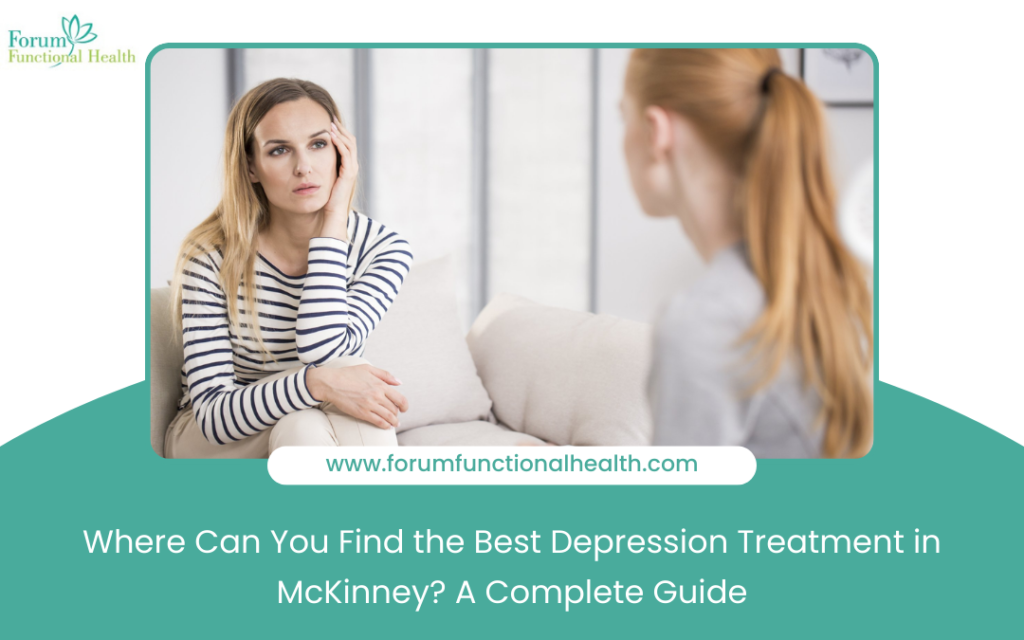
Depression is more than just feeling sad or low; it’s a serious medical condition that affects millions of people every year. Understanding what depression truly is and how to seek appropriate treatment can make a world of difference in someone’s recovery journey. If you or a loved one are struggling and looking for depression help […]
Navigating the Path of Functional Depression: Symptoms, Treatment, and Support
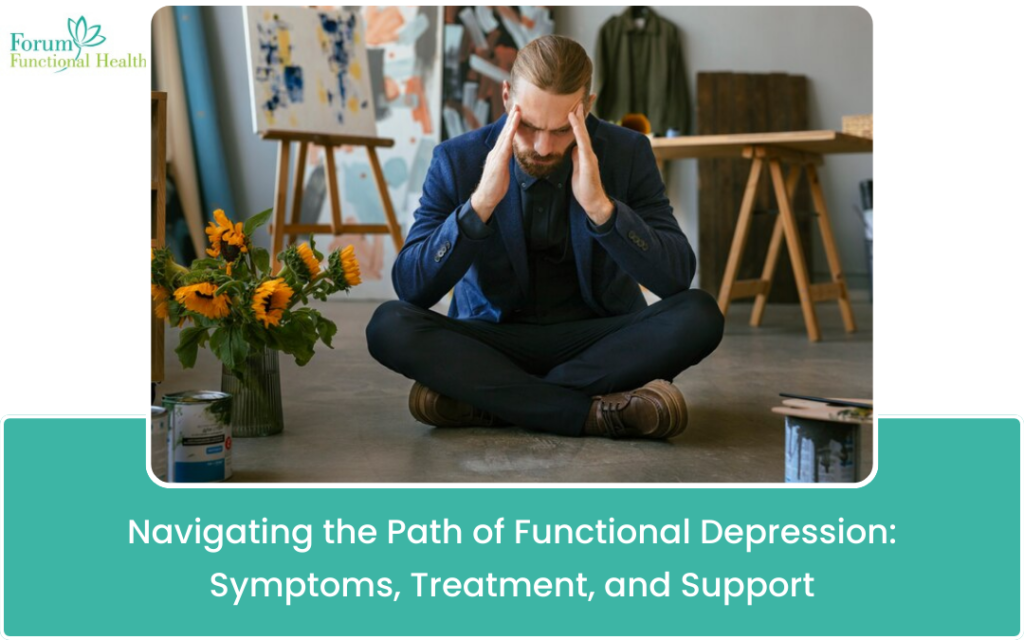
Functional depression, often characterized by a persistent feeling of sadness while still maintaining daily responsibilities, is a mental health challenge that many people face. It’s essential to recognize the functional depression symptoms, explore effective treatment options, and understand the support available to those struggling. This guide will help you navigate the complexities of functional depression, […]
How to Choose the Best Depression Treatment Centers in Texas
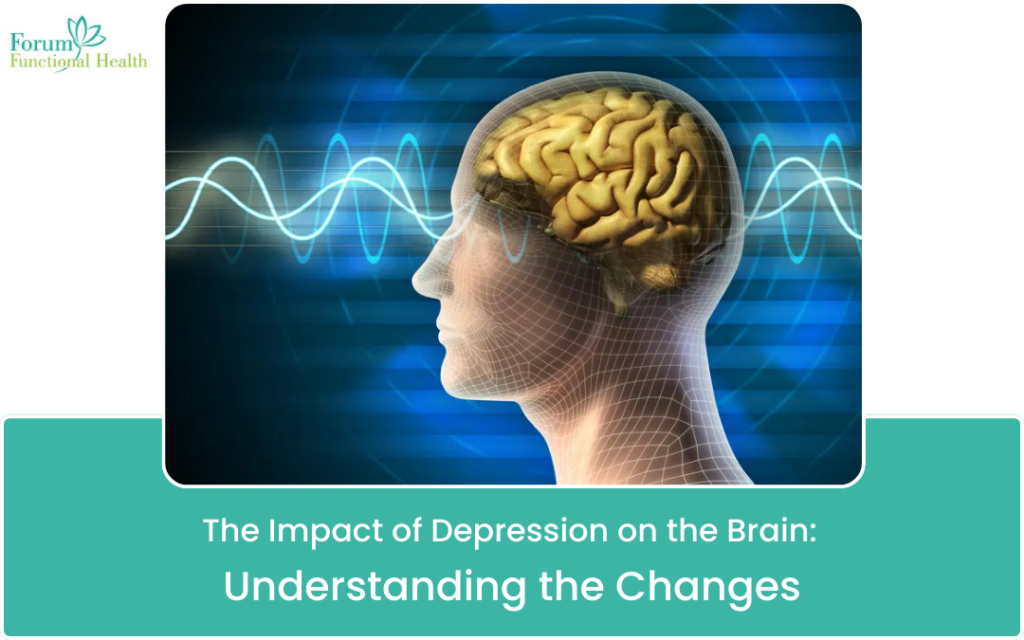
Choosing the right treatment center for depression can be a challenging decision. With so many options available, finding a place that aligns with your needs and values is crucial for a successful recovery. In this blog post, we will guide you through the essential factors to consider when selecting the best Depression Treatment Centers in […]
How to Support a Loved One with Depression
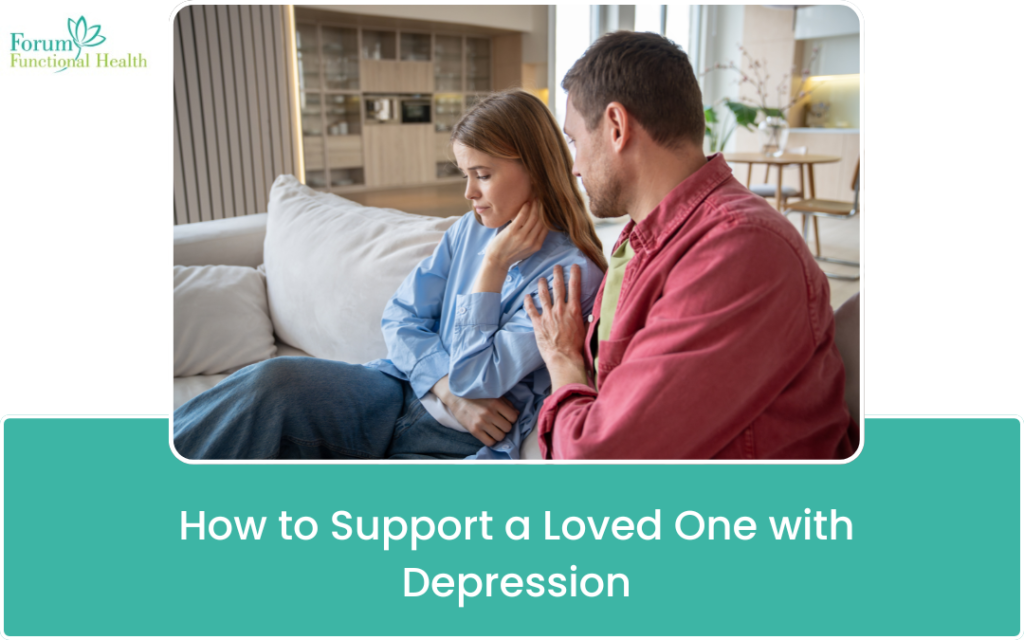
Supporting a loved one with depression can be challenging but incredibly important. Depression is more than just feeling sad; it’s a serious mental health condition that affects every aspect of a person’s life. If you’re looking for ways to help, understanding how to offer the right kind of support is crucial. Here, we’ll provide you […]
What are the Signs and Symptoms of Youth Depression?
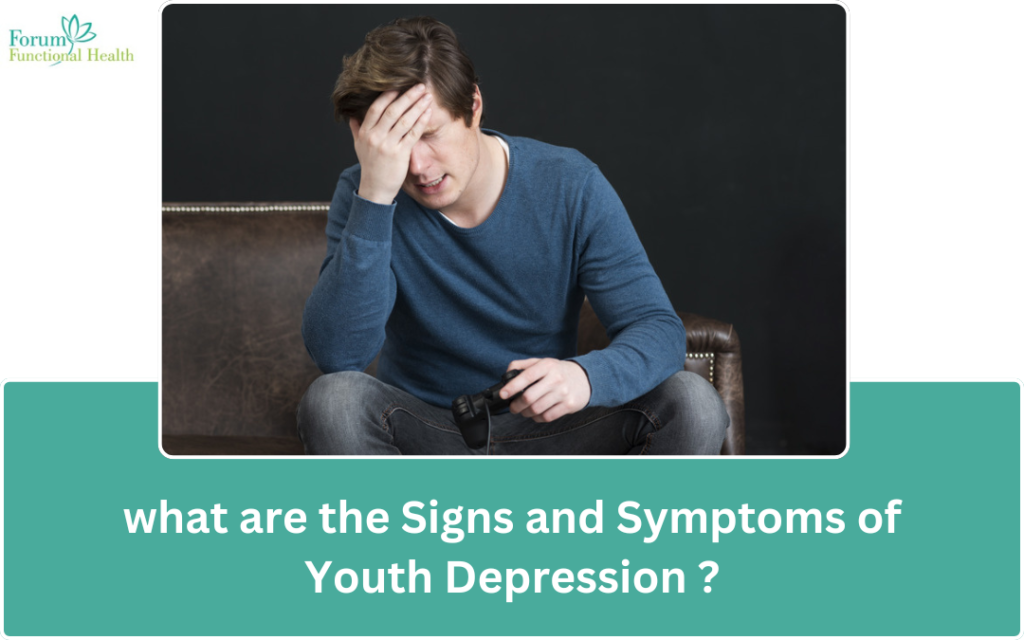
In today’s fast-paced world, the mental health of our youth is more crucial than ever. Depression among young individuals is a growing concern, impacting their overall well-being and daily functioning. Recognizing the signs and symptoms of youth depression is essential for timely intervention and support. In this article, we’ll explore the common indicators of depression […]
How to Cultivate Healthy Eating Habits to Boost Mood and Fight Depression

In the journey to combat depression, adopting healthy eating habits can serve as a powerful tool to uplift mood and promote overall well-being. By nourishing your body with nutritious foods, you can fuel your brain and body with the essential nutrients it needs to function optimally. In this comprehensive guide, we’ll explore practical strategies to […]
How Sleep Deprivation Affects Depression Treatment
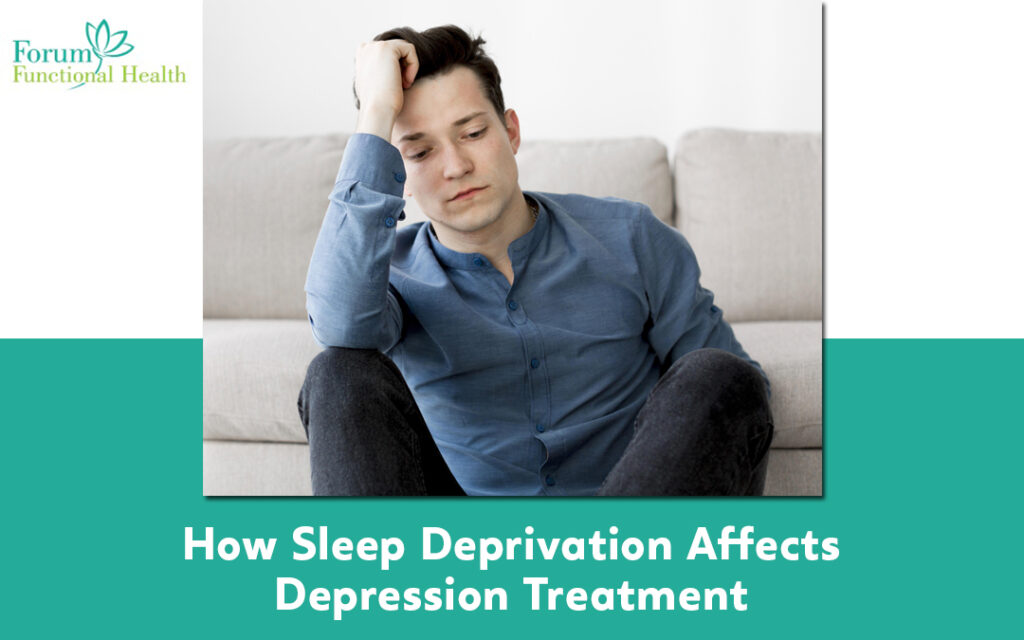
The relationship between sleep and depression is one that cannot be understated. Sleep deprivation, whether chronic or occasional, can significantly exacerbate symptoms of depression and hinder effective management strategies. Understanding the profound impact of sleep deprivation on depression management is crucial for individuals striving to improve their mental well-being. The Link between Sleep and Depression […]
How to Protect Your Mental Health from Depression
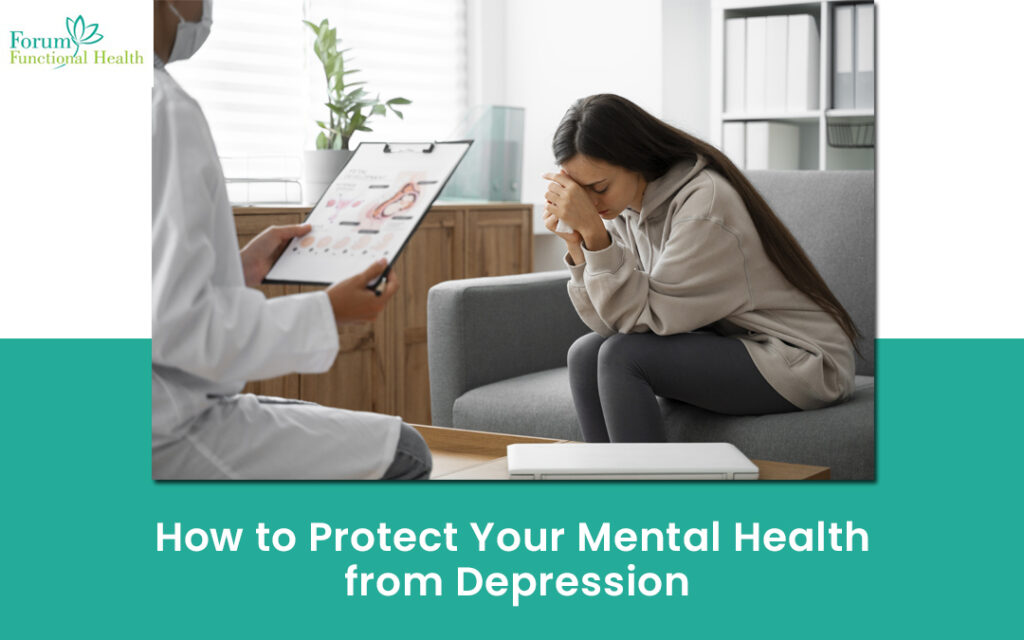
Depression is a serious mental health condition that affects millions of people worldwide. It can have a profound impact on a person’s daily life, relationships, and overall well-being. However, there are steps that can be taken to protect and prioritize your mental health. By understanding the risk factors, recognizing the signs and symptoms, and implementing […]
How Anxiety & Depression Impacts Your Physical Health
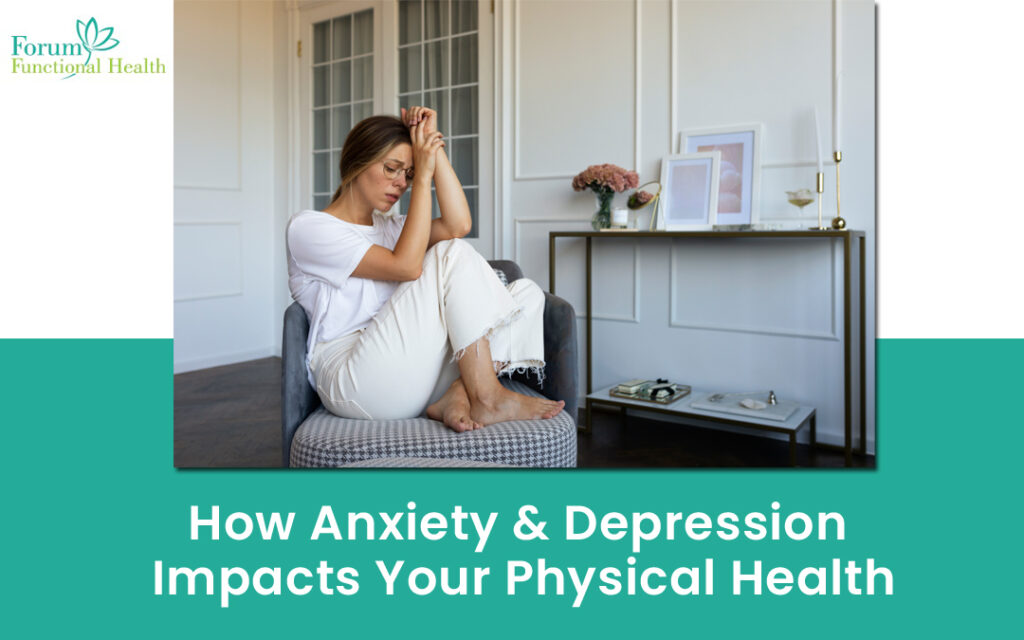
Anxiety and depression are common mental health disorders that affect millions of people worldwide. However, the impacts of these conditions go beyond just mental well-being. Research has shown that anxiety and depression can also have significant effects on physical health. From increased risk of cardiovascular disease to weakened immune system function, the relationship between mental […]
